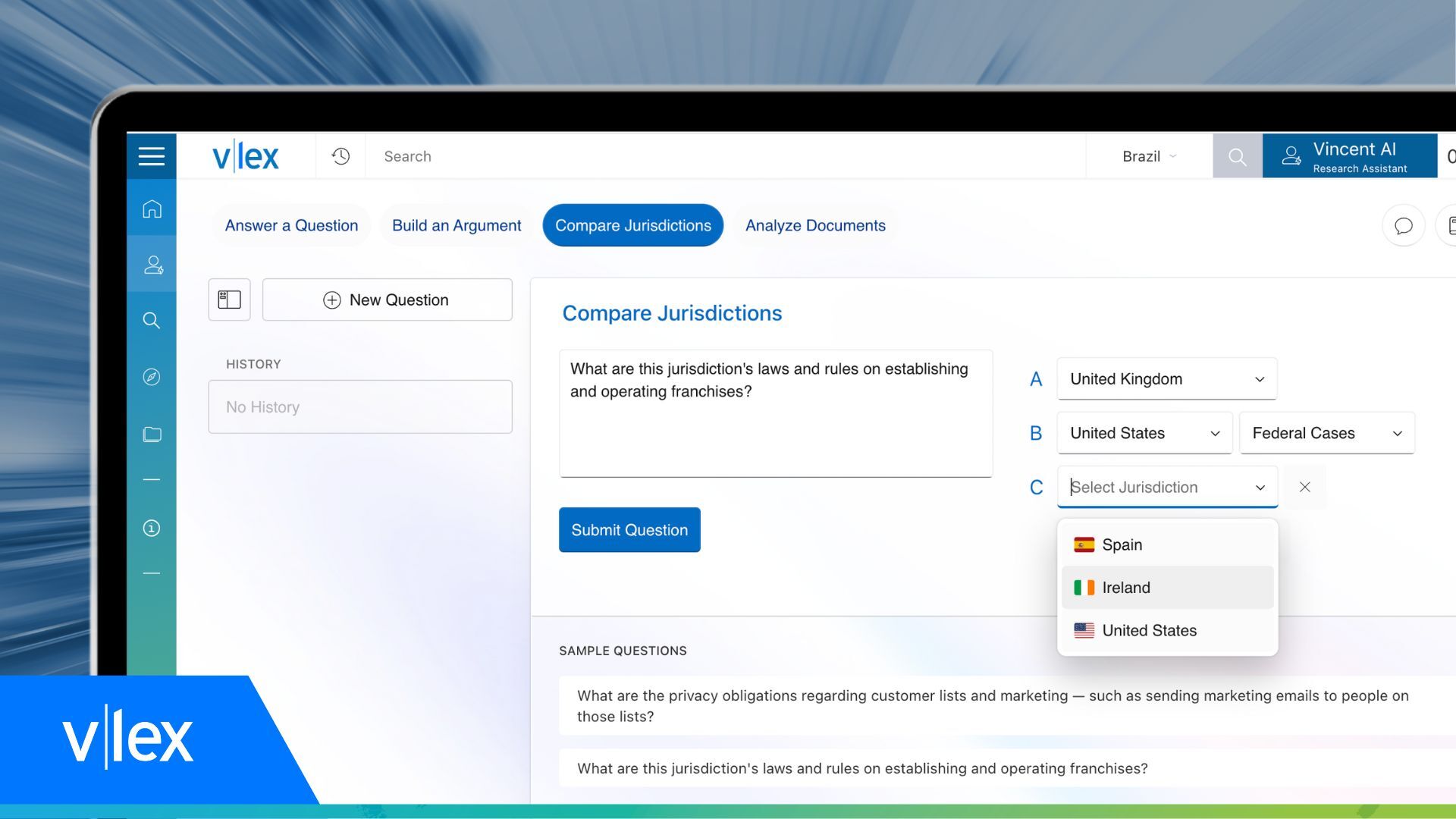SCOTUS: Lawyer's 'far from exemplary' conduct doesn’t justify setting aside client's sentence
A criminal defendant who withdrew from a plea bargain after claiming to be innocent and then got a longer sentence at trial is not entitled to set aside the sentence due to ineffective assistance of counsel, the U.S. Supreme Court has ruled.
In a decision issued on Tuesday, the court reinstated a 20-to-40-year sentence for Vonlee Titlow, convicted of second-degree murder for helping her aunt kill her uncle. The unanimous opinion (PDF) by Justice Samuel A. Alito Jr. reversed the Cincinnati-based 6th U.S. Circuit Court of Appeals.
The performance of Titlow’s second lawyer in the case “was far from exemplary,” Alito wrote, “but the Sixth Amendment does not guarantee the right to perfect counsel; it promises only the right to effective assistance.” The Atlantic and the Associated Press covered the decision.
Alito said the second lawyer may have violated the rules of professional conduct by accepting Titlow’s publication rights as partial payment for his services, and he waited weeks before consulting the first lawyer about the case. Those actions are troubling, Alito said, but “they were irrelevant to the narrow question that was before the 6th Circuit: whether the state court reasonably determined that respondent was adequately advised before deciding to withdraw the guilty plea.” In this case, Alito said, the 6th Circuit assumed that the lawyer was ineffective where the record was silent.
While advised by a prior lawyer, Titlow had reached a plea agreement calling for a sentence of seven to 15 years, according to the opinion. But she retained a new lawyer shortly before her aunt’s trial, demanded a lower sentence, and withdrew the plea along with her offer to testify against her aunt when prosecutors did not acquiesce.
After her conviction, Titlow contended that the new lawyer didn’t take time to learn about the case before advising her to withdraw the plea.
A Michigan appeals court had said the new lawyer acted reasonably given Titlow’s claim of innocence. The 6th Circuit found that interpretation was unreasonable, citing the lawyer’s assertion at a hearing that the plea was being withdrawn because the sentence was higher than called for in the guidelines. The 6th Circuit also said the lawyer had failed to retrieve Titlow’s file from the prior lawyer before withdrawing the plea.
But the Supreme Court said the record doesn’t reveal whether the second lawyer learned about the case from other sources before the plea withdrawal. The court also said there is nothing inconsistent “about a defendant’s asserting innocence on the one hand and refusing to plead guilty to manslaughter accompanied by higher-than-normal punishment on the other.” The court also noted that Titlow was advised that the evidence could support a first-degree murder conviction when she was represented by the previous lawyer.
The opinion said federal courts reviewing claims of ineffective assistance in plea bargaining are required to use a “doubly deferential” standard of review. The 6th Circuit decision must be reversed, Alito said, because of precedent and federal law that “do not permit federal judges to so casually second-guess the decisions of their state-court colleagues or defense attorneys.”
Justice Sonia Sotomayor said in a concurrence that she believes the opinion turns on Titlow’s failure to present enough evidence of what her second lawyer did or did not do before she withdrew her plea. Justice Ruth Bader Ginsburg, who concurred only in the judgment, said the plea bargain failed once Titlow refused to testify against her aunt.



